The report by WaterAid states that 663 million people globally are without clean water and the vast majority of them -- 522 million -- live in rural areas.
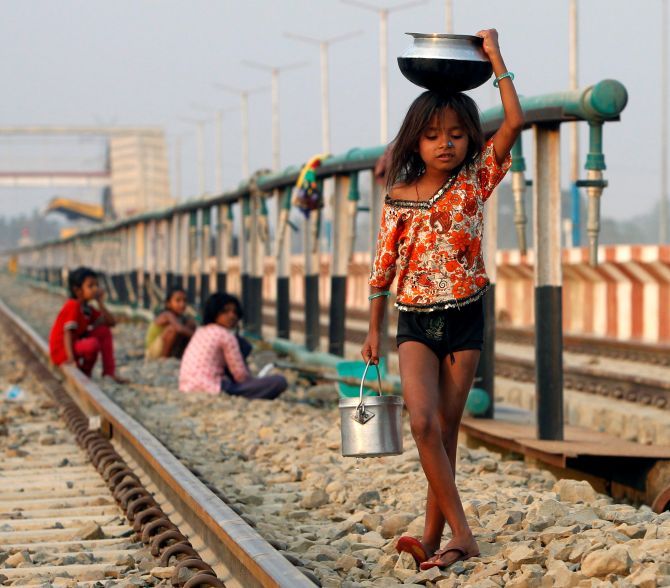
India has the maximum number of people -- 63 million -- living in rural areas without access to clean water, according to a new global report released to mark World Water Day.
This is almost the population of the United Kingdom, said “Wild Water” (external link), a report on the state of the world’s water.
Lack of government planning, competing demands, rising population and water-draining agricultural practices are all placing increasing strain on water, said the WaterAid’s report.
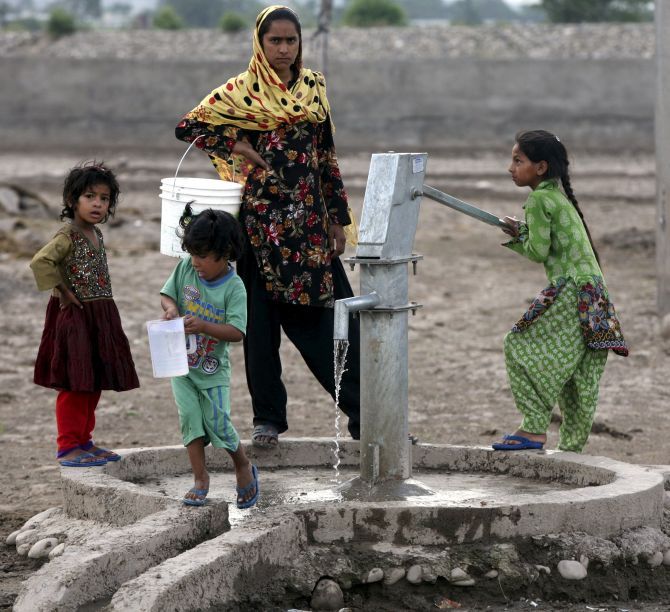
Without access to clean water, 63 million people are living in rural areas in India. Diseases such as cholera, blinding trachoma, malaria and dengue are expected to become more common and malnutrition more prevalent, it said.
Rural communities dependent on farming to make a living will struggle to grow food and feed livestock amid soaring temperatures, and women -- typically responsible for collecting water -- may have to walk even greater distances during prolonged dry seasons, the report forewarned.
Describing India as one of the world’s fastest growing economies, it said ensuring water security for the growing population is one of the main challenges facing the country.
According to India’s official Ground Water Resources Assessment, more than one-sixth of the country’s groundwater supply is currently overused.
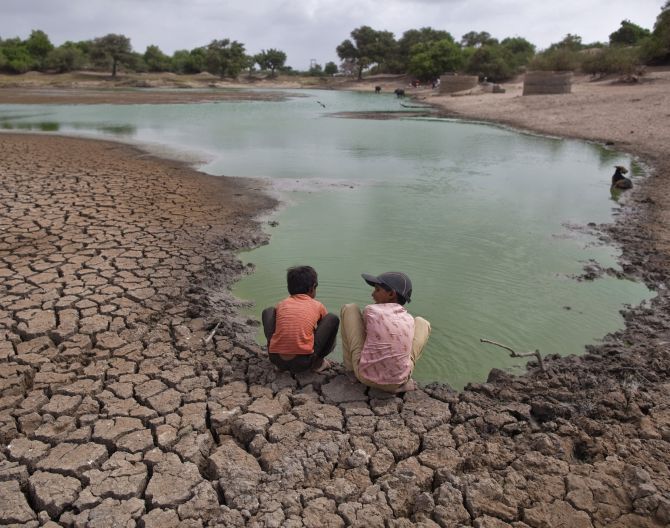
“Droughts have become almost a way of life in the Bundelkhand region of North-Central India. Here, three consecutive droughts have pushed millions of people into a vicious cycle of hunger and poverty,” it said.
The report warns about the implications of extreme weather events and climate change for the world’s poorest.
“India ranks in the top 38 per cent of countries world wide most vulnerable to climate change and least ready to adapt, according to the Notre Dame Global Adaptation Index.
“With 67 per cent of the country’s population living in rural areas and seven per cent of the rural population even now living without access to clean water, India’s rural poor are highly vulnerable to the effects of extreme weather events and climate change,” it said.
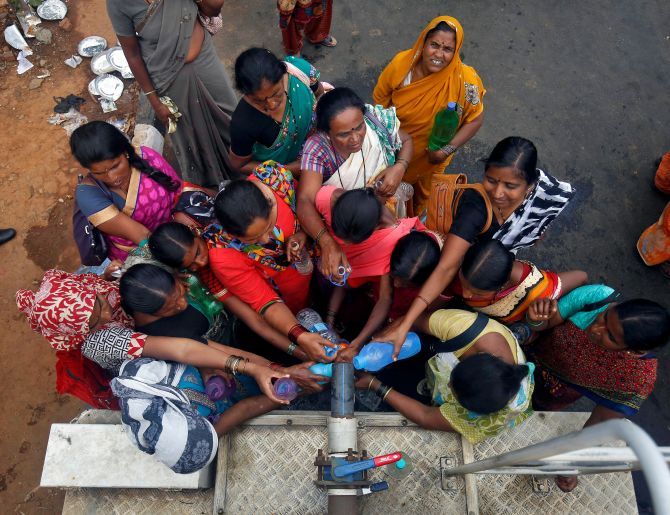
The report said today, 663 million people globally are without clean water and the vast majority of them -- 522 million -- live in rural areas.
According to WaterAid India’s Chief Executive VK Madhavan, with 27 out of the 35 states and union territories in India disaster prone, poorest and the most marginalised across the country will bear the brunt of extreme weather events and climate change and will find it the hardest to adapt.
“This World Water Day, WaterAid is calling on the government to deliver its promise to meet the Sustainable Development Goals, including ensuring access to safe water as part of Goal 6 to everyone, everywhere.
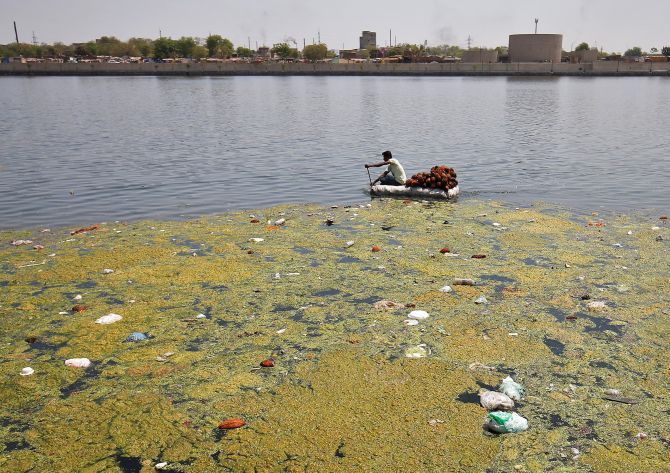
Along with access to safe water, it is critical that communities have the necessary tools, infrastructure and preparedness to deal with the effects of extreme weather events and climate change”, he said in a statement.
“These communities face particular challenges in gaining access to water due to isolated locations, inadequate infrastructure and a continued lack of funding,” he said.



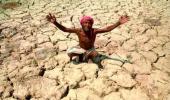







 © 2025
© 2025